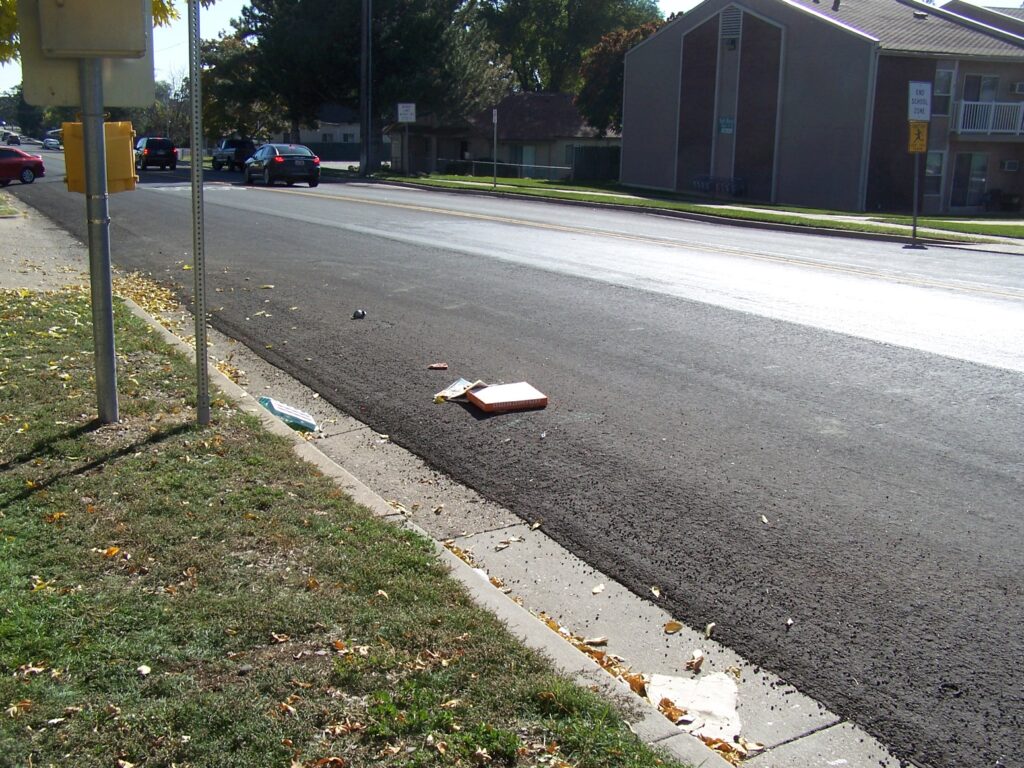
We all know someone who is in the same boat: Their religion succeeded in scaring (or guilting) the holy shit right out of ’em, or into ’em or whatever, so they got married young. Now they are stressed with a family to feed, (some unplanned children) trying to make ends meet, many bills to pay and they are stuck in a rut, a cycle of poverty. Then there is the cycle of damaged relations, disrespect, a pattern of degrading interactions, which further exacerbates the stress, increasing the likelihood of mental illness, addiction, domestic and substance abuse, rapid depletion of earth’s resources and ironically, severed relationships and divorce.
At that point we ask ourselves: how effective are the current canned answers and mode of things really?
Yes, it is an unpleasant topic that nobody really wants to face; but face it we must. These issues must be dealt with, reconsidered, and worked out with education, and broader models and methods yet that are more specific and still allow freedom to choose. Everything is a choice; or at least it should be.
Change is needed. It is time to try something different, to look at, speak about, and think of things differently. Learn to avoid tunnel vision. Everything is a matter of perspective and diversity is key. Share earth’s abundance and joy, redistribute the power and close the inequality gap.
I discuss these problems and some solutions of avoiding common pitfalls, wisdom shared in my new memoir. Nobody should have to go through all that. The Irony of the Well
-Owen

Above all, efforts must be made to improve public awareness of the problem. Most people acknowledge that mineral resources are scarce, but assume that more will somehow be found. While this could be true for phosphate to some extent, unless action is taken to conserve the stocks that remain, reduce the demand for fertilizers and recycle phosphorus wherever possible, the costs to society are likely be very high – in terms of rising food prices and widening inequalities between rich and poor countries.
You make an excellent point. Yes, the understanding and change needs to take place in the public sector; this would be the average consumer being aware of the issues and essentially voting with their daily purchases.
It is amazing to think of the potential for positive change if more citizens began to take steps toward the very things you mentioned, reducing the demand for synthetic fertilizers, recycling nutrients naturally (including phosphorous) through composting etc. as mentioned in the documentary.
What if many more people kept at least a small garden using techniques of regenerative agriculture? “Lots of littles” instead of a few giant industries that monopolize and dominate the global market; this would begin to make the needed change.
Like exercise being good for the body, and everyone knows that; yet how many people do it? The answer is comparatively very few. Yet, why not if they know the better path, and how do you get them to do what they already know is better for them and society? Therein lies the challenge.